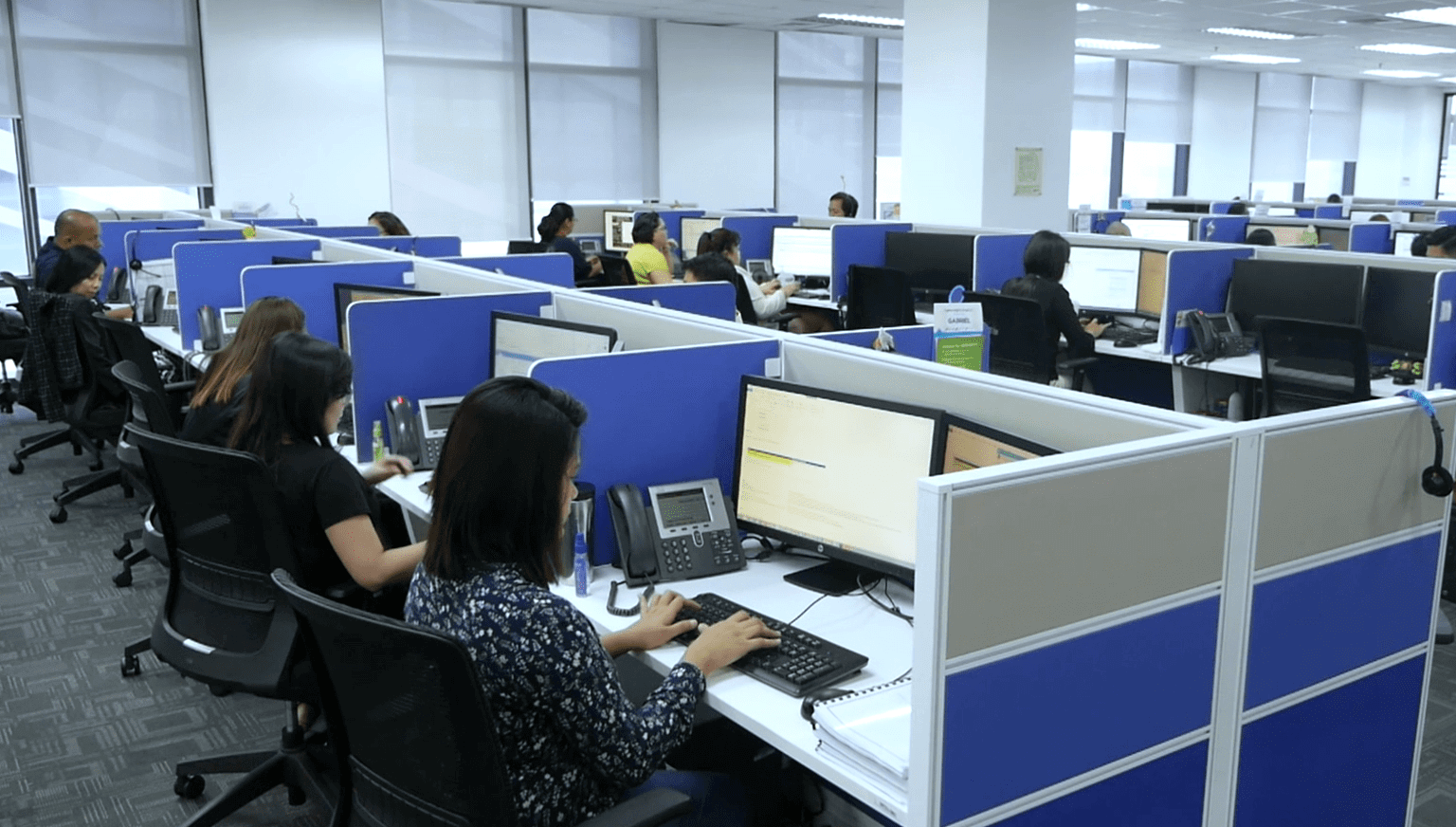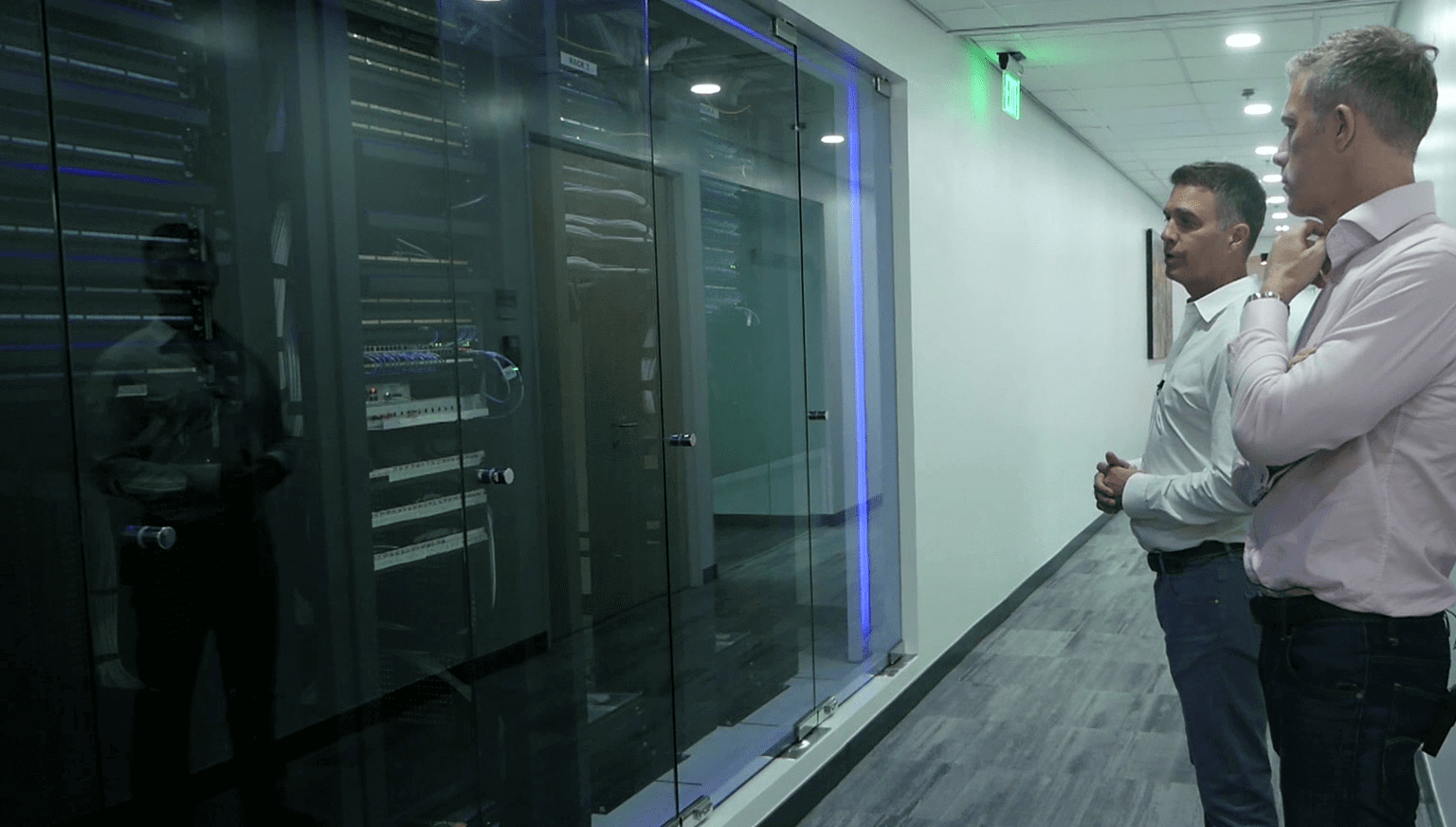Contents:
The business processing outsourcing industry is known for generating savings and top-quality services for their clients. Enterprises in the West started the trend and has since relied on the East for their operations.
From its beginnings in manufacturing and call centres, the industry has widened its offerings to accounting, human resources, and even professional services. This gives way to the rise of high-value outsourcing, including research and development and other innovation strategies getting outsourced. Affordable high-quality technology also made it possible for small and medium businesses to try it.
Despite its popularity, many businesses worry about the risks of outsourcing their projects to a low-cost country. This includes data and cybersecurity concerns and how these companies handle it.
Most BPO companies follow the data and compliance standards set by institutions such as ISO and HIPAA. Even when working remotely, they make sure that these standards and processes are followed.
The COVID-19 pandemic, which causes disruptions to businesses worldwide, continues to prove the flexibility of these companies in continuing their operations. This article tackles how BPO companies ensure data and cybersecurity when working from home due to the pandemic.

BPO companies and in-house employment
BPO companies value data and cybersecurity by following strict security measures in their daily operation. They keep employment in-house to monitor and ensure the security of their data. Most service providers, meanwhile, invest in high-quality infrastructures and backups in case of an electric outage and data breach.
Compliance is also mandatory for its operation. BPOs in India and the Philippines, the top outsourcing countries, apply for ISO and HIPAA standards to ensure that their operation meets the international standards. Keeping employees in-house helps process and compliance monitoring easier since the operation is done in a single location.
The impact of COVID-19 to in-house work
The global pandemic has affected the majority of businesses and in-house employment. Lockdowns in different countries have forced them to either halt operations or put their employees on remote work. The outsourcing industry also felt the challenges brought by this.
Several countries have taken measures to continue their operations and stay business as usual. Work-from-home (WFH) employees are provided with equipment and internet connection to continue their work. Skeletal workforce and those who cannot render WFH are provided with accommodations in nearby hotels and lodging.
How remote work affects security for BPOs
According to Concentrix, a distributed workforce setup in the BPO industry is highly unusual since most of the operations are kept in-house.
These companies know that remote working imposes risks in the cybersecurity of a business. An employee using a shared public network can pose a vulnerable threat to their client’s information. Without a VPN and strong firewall settings, their IP address, location, and data are exposed to malicious activities online.
Encryptions are also important in protecting the company identity. Storages with weak encryptions also give way for hackers to steal critical information and use it for fraudulent transactions online or in the real world.

How to keep up with data security
The outsourcing industry is a flexible one. With the help of technology, BPO companies maintain the security of their data and processes remotely. The flexible arrangement has been a part of their business continuity plan in these unusual times. These examples show how BPO companies in the Philippines made a solution for working from home.
Data security
Letting their employees use a personal computer or a laptop may be ideal for creative, programming, and design roles. However, it won’t work for accounting and other roles that deal with critical customer and business information.
With this, most companies provided the equipment for their tasks. Their data is either stored in the desktop’s hard disk or a cloud drive with encrypted security. Each storage is password-protected which only the employee and their employers can access.
Cybersecurity
Another risk of using a personal device for work is cybersecurity. A personal laptop does not have the adequate tools to protect their system from suspicious activities online. Using a shared connection even poses more threat to this.
Desktops provided by the companies have secured VPN and firewall that protects them for their entire operation. For employees with slow or shared connections, companies provide a portable broadband connection for a smoother workflow.
Streamlined processes
Even in remote work, BPOs imply strict measures to ensure that their processes are streamlined. Employers have mastered using work collaboration tools and other online services while in the office so they can keep track of their work in real-time.
Call centres, for instance, have a single CRM system used to record customer issues, capture information, and track issues via tickets.
The skeletal workforce, meanwhile, will supervise and monitor the progress of the deployed teams. They are also tasked to check the work quality of their employees, process transactions, close sales deals, and report to the client about their tasks.
Work collaboration
Deployed teams have little to no worries in work collaboration online. Many employees already use several tools such as Slack and Skype for communication, G Suite for documentation, and CRM apps for capturing and encoding data.
Employers also use screen monitoring software to track employees’ attendance and activities. This helps them have an overview of their performance, the total hour of their work, and the websites they have visited. Project monitoring tools, meanwhile, helps them keep track of the progress of the entire project and delegate tasks through their team.
Author Bio

Derek Gallimore is as passionate about outsourcing as he is for business and entrepreneurial-ism. Outsourcing is a booming industry. Derek believes that every business owner should be fully aware, and utilise this incredible opportunity. In response to a general lack of information, he has founded Outsource Accelerator. Outsource Accelerator is the world’s foremost independent and unbiased source of outsourcing information advisory and education.










 Network Security
Network Security
 Vulnerability Management
Vulnerability Management
 Privileged Access Management
Privileged Access Management  Endpoint Security
Endpoint Security
 Threat Hunting
Threat Hunting
 Unified Endpoint Management
Unified Endpoint Management
 Email & Collaboration Security
Email & Collaboration Security







